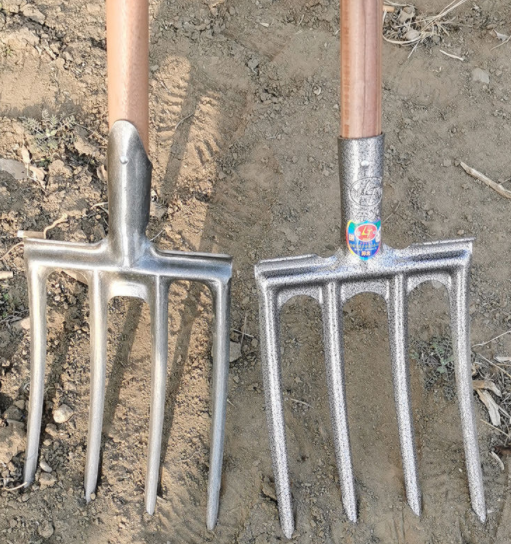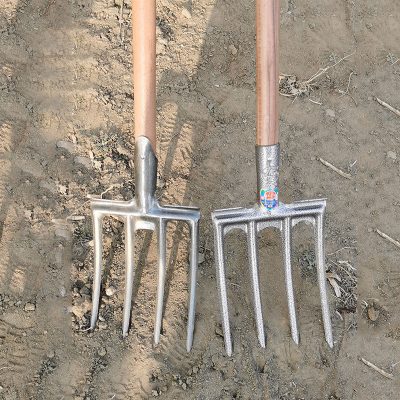Eco-friendly lawn care involves adopting sustainable practices that minimize negative environmental impacts while maintaining a healthy and attractive lawn. Here are some eco-friendly practices specifically related to lawn mowers:
- Choose Electric or Manual Mowers: Electric lawn mowers produce fewer emissions compared to gas-powered mowers. Corded electric mowers are suitable for small to medium-sized lawns, while cordless electric mowers offer more mobility. Additionally, manual reel mowers are entirely emission-free and provide a good workout.
- Maintain Your Mower: Regularly tune up and maintain your mower to ensure it operates efficiently. Clean the blades, air filters, and oil regularly according to the manufacturer’s instructions. A well-maintained mower consumes less fuel and produces fewer emissions.
- Mulch Grass Clippings: Instead of bagging grass clippings, mulch them back into the lawn. Grass clippings provide natural nutrients, reduce the need for synthetic fertilizers, and improve soil health.
- Opt for Mulching Mowers: Consider using a mower equipped with a mulching blade and kit. These mowers finely chop grass clippings, distributing them evenly on the lawn.
- Set the Right Mowing Height: Keep your lawn mower blades higher to promote healthier grass. Taller grass shades the soil, retains moisture, and reduces weed growth.
- Mow When Grass Is Dry: Mow your lawn when the grass is dry to prevent clumping and achieve a cleaner cut. Wet grass can clog the mower and affect mowing efficiency.
- Regular Maintenance of Blades: Keep mower blades sharp. Dull blades tear grass, leaving it susceptible to diseases and stress.
- Use Alternative Landscaping: Consider reducing the size of your lawn by incorporating native plants, shrubs, trees, and groundcovers. This minimizes the amount of mowing required and supports local ecosystems.
- Practice Water-Efficient Lawn Care: Water your lawn efficiently to avoid overwatering. Use a rain gauge or smart irrigation system to prevent unnecessary watering after rainfall.
- Use Organic Fertilizers: If fertilization is necessary, opt for slow-release organic fertilizers that release nutrients gradually and improve soil health.
- Integrated Pest Management (IPM): Implement IPM techniques to manage pests and weeds without heavy reliance on chemicals. This might involve promoting natural predators, using organic herbicides, and maintaining a healthy lawn.
- Dethatching and Aeration: Periodically dethatch and aerate your lawn to improve water infiltration, root growth, and nutrient absorption. This reduces the need for excessive watering and fertilization.
- Reduce Lawn Size: Consider minimizing the amount of lawn you have by creating more functional outdoor spaces, such as vegetable gardens, native plant areas, or seating areas.
- Compost Yard Waste: Instead of disposing of yard waste, compost leaves, twigs, and other organic matter. Use the finished compost to enrich your soil.
- Choose Native Plants: When designing your landscape, opt for native plants that are adapted to your region’s climate and require less maintenance and water.
By incorporating these practices, you can reduce the environmental impact of lawn care while still maintaining a beautiful and healthy outdoor space.
































